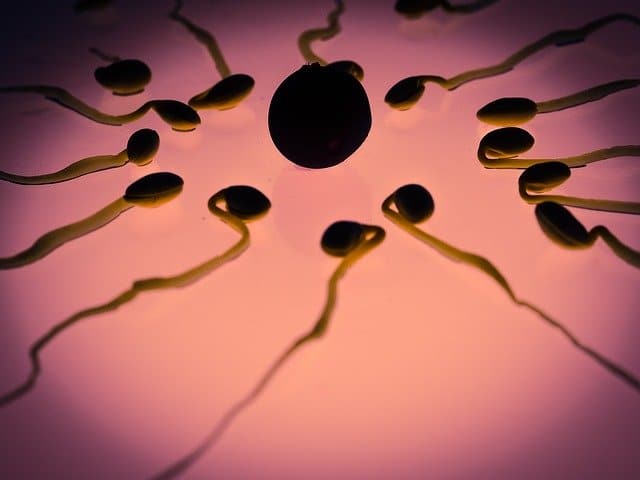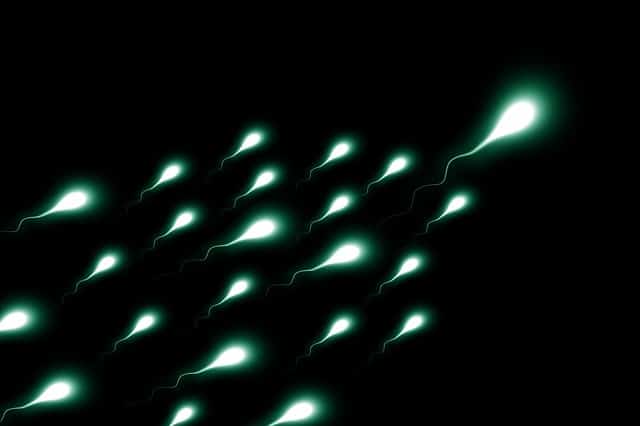
Gametes are sex cells.
The etymology of gamete refers to gametēs or gametḗ , Greek words that translate as "husband" and "wife" respectively. The concept is used in the field of biology to refer to sexual cells .
When a male gamete joins a female gamete during the sexual reproduction of plants and animals, a zygote or zygote is formed. This cell resulting from reproduction, also known as an egg , undergoes segmentation and begins embryonic development, which then leads to the appearance of a new specimen.
Each gamete has a single set of chromosomes. With fertilization , by fusing with the gamete of the opposite sex, the zygote already presents the two versions of the genetic information that ultimately determines the physical characteristics of the individual.
Gamete production
In the case of animals, including humans , the male gamete is called the sperm , while the female gamete is called the ovum . The zygote resulting from fertilization is diploid: it has two sets of chromosomes (one of each sex).
Gametogenesis is the process that allows the development of gametes. The organs of animals that enable the production of gametes are called gonads .
The man 's gonads are the testicles , which produce sperm and testosterone. The woman's gonads, meanwhile, are the ovaries , responsible for the production of eggs and female sex hormones. When the man inserts his penis into the woman's vagina during sexual intercourse and ejaculates, his gametes (sperm) can join the female gametes (ova) and thus achieve reproduction.

In people and animals, the male gamete is called the sperm.
Scientific investigations
In 2016, a group of scientists from the Valencian Infertility Institute released the initial results of their technique to obtain germ cells (that is, gametes) from skin cells. To do this, it is necessary to reprogram them, and in this way it is possible to create gametes in vitro in a way that until then was unprecedented.
It took the Valencian researchers five years of intense work to make this leap in fertility science. The research was published in the open-access multidisciplinary journal Scientific Reports , which enjoys great prestige among scientists in all areas. The innovation that this discovery represents is not at all negligible since it will allow, for the first time in history, to obtain gametes from cells belonging to the same person who, due to infertility problems, does not possess them naturally.
Experimentation with gametes
Experimentation on animals is not illegal throughout the world, and for this reason the group of scientists from the Valencian Institute of Infertility had no problems testing their technique on a large number of mice, subjects in which they obtained very favorable results. The director of the institute, Carlos Simón, points out that there is an important difference for people with infertility between obtaining gametes from a donor and as a result of the reprogramming of their own cells; In other words, patients feel that their children are completely theirs.
Given these statements, as well as the fact of experimenting on animals, many controversies arise. Why can't human beings accept illness, infertility, death, while the rest of the species limit themselves to living within their possibilities? On the other hand, how do you explain why so many scientists do not feel compassion for those animals they torture to prove their theories ? These issues divide society into two extremes, and many speak out in favor of equality, but there is still a long way to go before people learn to live peacefully with other animals.
